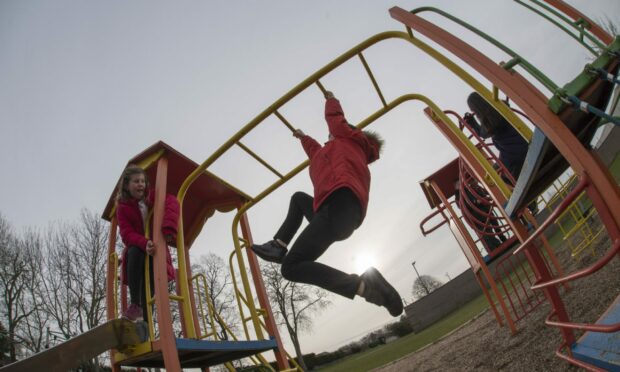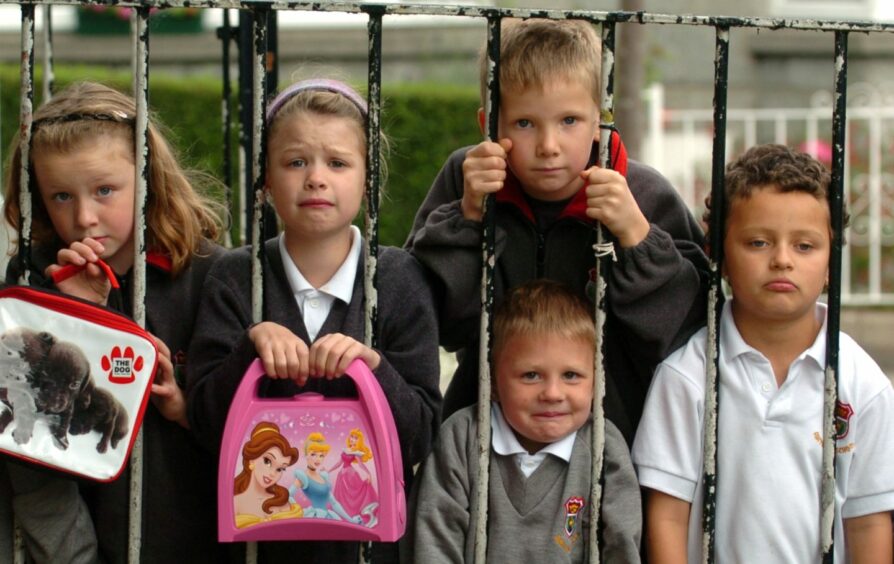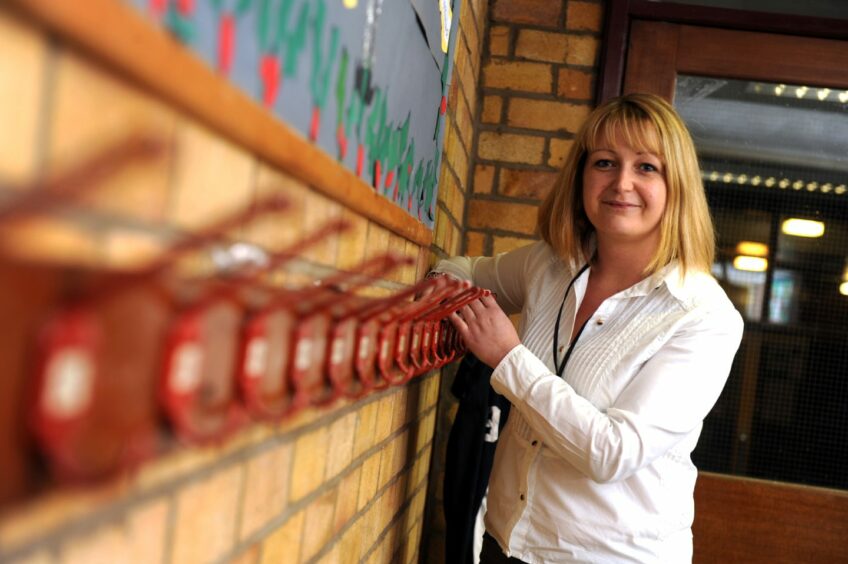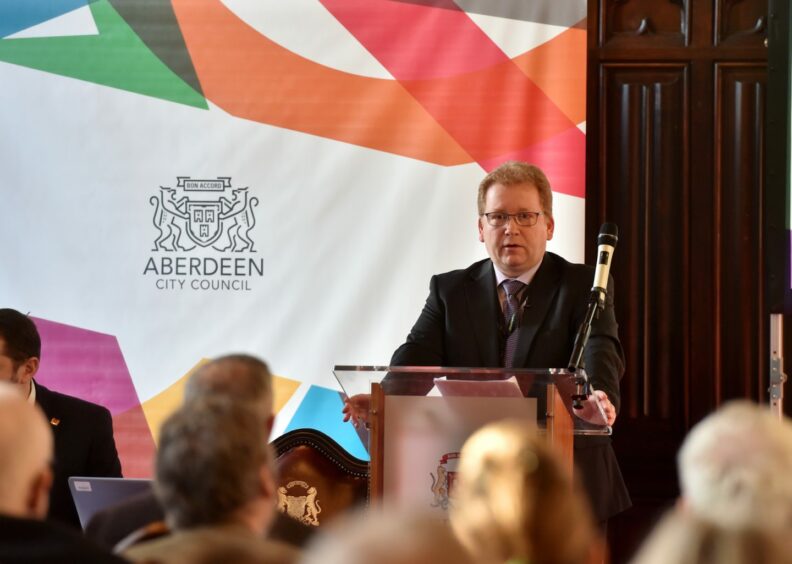Fears siblings may be forced to attend different Aberdeen schools due to a steep rise in overseas pupils could be expelled later this month.
Over the summer, city education bosses warned the “bulging” rolls were making it difficult to place children from the same families at the same school.
Last year, incomers from abroad cost the city education system an additional £14 million.
The majority of the foreign youngsters have accompanied family members studying at Aberdeen’s two universities.
Nearly 7% of all pupils finishing the last academic year in the Granite City were not living in Aberdeen before September 2022.
Fewer children being sent to private schools – and rising numbers returning from them to city-run ones – has also increased the strain.
The rise increased the school roll by around 2,500 children.
The multi-million-pound cost of 2,500 new pupils on Aberdeen school roll
And that, chief financial officer Jonathan Belford said, had cost the city an estimated £14m extra in pay for teachers and pupil support workers, as well as finding teaching space.
Per child, schooling costs around £6,000 a year.
In a report prepared for councillors, he said an 11% rise in the school roll since 2019 can “largely be attributed” to the steep rise in international students in Aberdeen.
But changes at home and abroad allow hope that the pressure will ease over this academic year.
Only around 10% of the number of overseas pupils who arrived in the Granite City last autumn are expected this year.
When previously asked to comment on the troubles in Aberdeen, the Home Office said a rethink on who can bring dependents with them on their student visa would help from January.
Impact of international university students on Aberdeen school roll expected to lessen
But it is the economic conditions elsewhere which are expected to lessen school bosses’ headaches.
The largest proportion of international students attend Robert Gordon University, which has stretched schools and public services around Garthdee.
But last month, children services director Eleanor Sheppard forecast better times to come for the Aberdeen school roll.
She told councillors: “Both universities are predicting a drop in international students.
“They have been quite actively seeking the Nigerian market and I believe the economy within Nigeria itself has had an impact on the numbers planning to come over for this year’s academic courses.
“I have continued to link with both universities and there is extremely strong evidence that we will have a significant reduction next year.
“My best guess at the moment, based on information I have, is we will probably have only about 10% of those school places for international students compared to last year.”
But the schools chief, one of those “surprised” by the number of arrivals last year, offered a disclaimer.
She previously admitted the council was “increasingly unable” to place children at schools with no room for expansion.
It came as warned siblings may have to attend different schools as there was not enough room.
Universities are still “cleansing” their data, and so Mrs Sheppard said there would be a “far better sense” of how the year will look towards the end of this month.
Worry savings might not follow on
Meanwhile, councillors raised concerns that Scottish Government requirements to maintain teacher numbers, outlined in this year’s budget, could mean trouble for Aberdeen – if the school roll does fall.
Currently around £1.6m is being held back to ensure the local authorities – similarly to the other 31 nationwide – don’t balance the books by cutting teaching budgets.
It could result in Aberdeen keeping teachers on, despite having far fewer children to teach.
Mr Belford said: “It is the first time we have had an actual translation of ‘we are going to remove some funding if you don’t meet these conditions’ since the council tax freeze some years ago.
“It does mean there is a real implication if we don’t do something: we will be penalised for that.”
But the city accountant hopes the Verity House Agreement, struck to rebalance power between the Scottish Government and councils, will remove some of that Holyrood steering.
“It is seen as being unhelpful in the way we deliver and manage local services,” he added.




Conversation